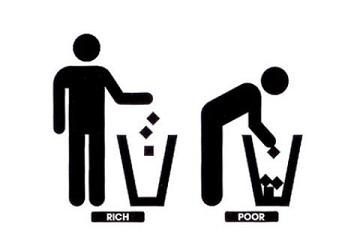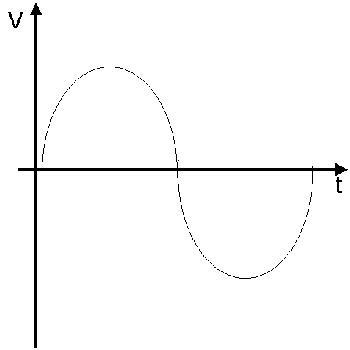 Age is the period in which the life of a living being passes. Each living being has, approximately, a maximum age that it can reach. When referring to humans, the average age of man is higher or lower depending on the level of development of a nation. In an advanced country like Japan, the average age is close to 85 years. In contrast, individuals living in less developed countries, the average age may be less than 60 years.
Age is the period in which the life of a living being passes. Each living being has, approximately, a maximum age that it can reach. When referring to humans, the average age of man is higher or lower depending on the level of development of a nation. In an advanced country like Japan, the average age is close to 85 years. In contrast, individuals living in less developed countries, the average age may be less than 60 years.
The human being, as well as the rest of living beings, has its own biological clock. The concept of biological clock designates the rhythms and intensity of evolution of an organism and, consequently, determines approximately the age that each individual can reach, which in turn belongs to a species.
The notion of age is present in all aspects of life. We have identification documents that specify our date of birth, access to places based on age, legal prohibitions depending on the number of years, etc. The same behavior can be admitted in a child of 6 years and inadmissible with 16. Each age has its own characteristics. There is general agreement in classifying the different periods of life into four large blocks: childhood, youth, maturity and old age. The delimitation of each of them is somewhat debatable, depending on the customs of each town. In the case of a tribe far from civilization, youth is abandoned at an early age (approximately 20 years). If we refer to a citizen of a European capital, they will be considered young until they are 30 or 35 years old. These cultural differences show that the concept of age is relative and subjective. In fact, it often happens that an older person says that they feel young.
Age is a data and as such provides a lot of information. So much so that many studies and analyzes of society are carried out taking age as a reference. This would be the case of demography, electoral surveys and all kinds of population statistics in which age has a relevant meaning.









